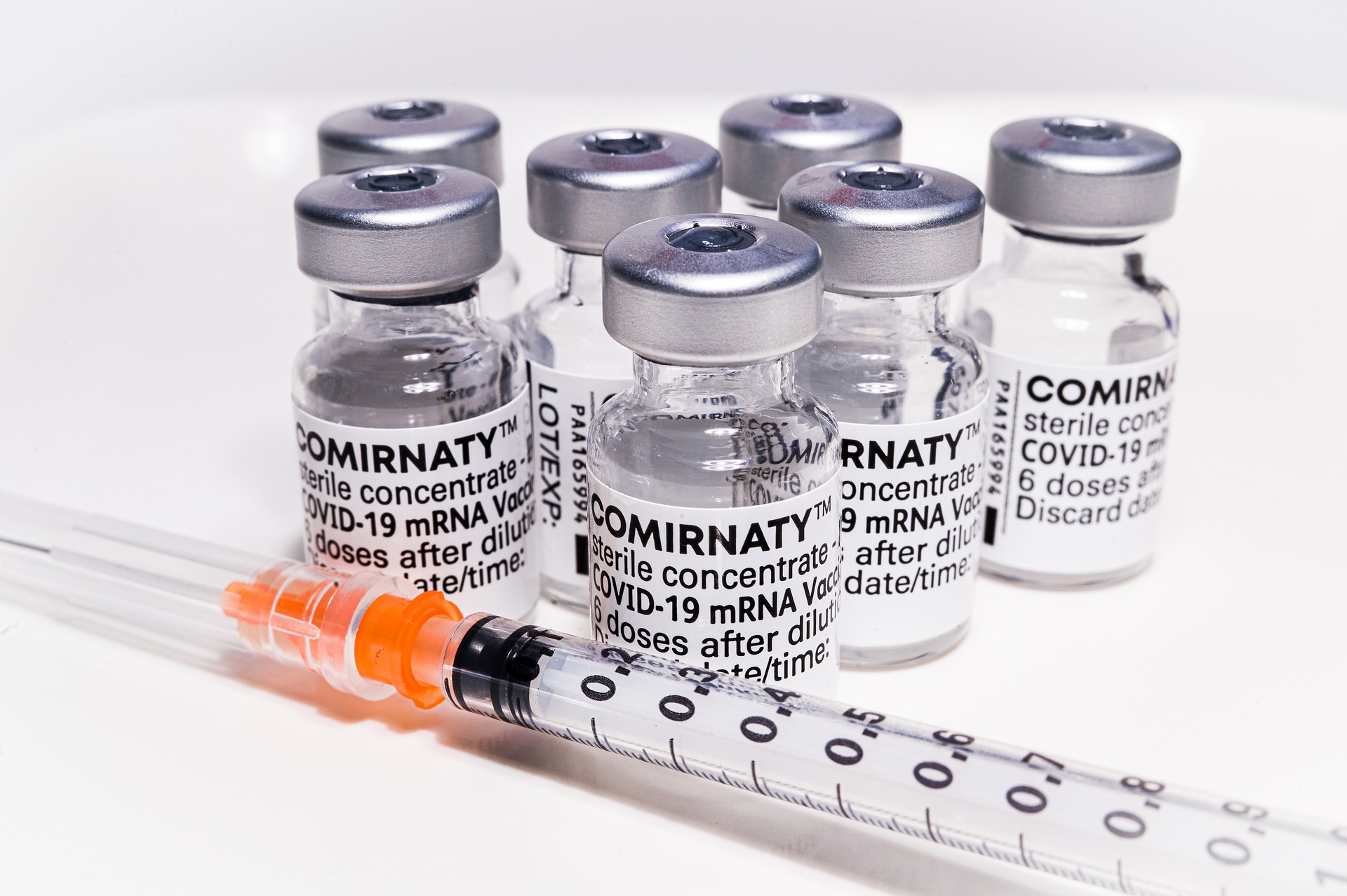News release
From:
Embargo: Thursday 10 June 2021 | 16:00 (BST) | Journal: Nature
1. Immunology: Pfizer vaccine neutralizes new SARS-CoV-2 variants
Sera elicited by the Pfizer–BioNTech COVID-19 vaccine neutralize new SARS-CoV-2 variants, reports a paper in Nature. The sera of individuals who received two doses of the vaccine are shown to neutralize the B.1.617.2 (or delta) variant that was first identified in India, as well as several other variants, including B.1.525 (first identified in Nigeria).
As new variants of SARS-CoV-2 emerge, it is important to assess the ability of immunization with existing vaccines to generate antibodies that neutralize these variants. The World Health Organization has designated the B.1.617.2 lineage as a variant of concern and B.1.525 as a variant of interest.
Pei-Yong Shi and colleagues took 20 blood sera samples from 15 individuals who had received 2 doses of the Pfizer–BioNTech vaccine and tested the neutralizing activity of the sera against recombinant SARS-CoV-2 that express the spike proteins from the B.1.617.2 variant, the B.1.617.1 variant and the B.1.618 variant (also first identified in India), and the B.1.525 variant. The sera are shown to be less active against the variants — particularly the B.617.1 variant — than against a strain of the virus that was isolated in January 2020, but robust neutralization of all of the tested variants was observed. This finding indicates that the vaccine is likely to confer adequate protection against these new variants, the authors infer. They compare the results to tests of the vaccine against the B.1.351 (or beta) variant, which was first identified in South Africa; a similar reduction of neutralization activity was found against this variant to that observed for B.1.617.1, but the vaccine still showed 75% effectiveness against any documented infection and 100% against severe or fatal disease caused by B.1.351.
The reported effectiveness of vaccines against variants demonstrates the value of vaccination programmes, which could reduce the emergence of novel variants, the authors conclude.



 International
International



